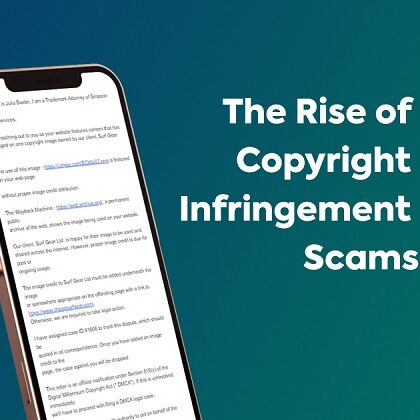In an age where privacy concerns and data breaches have become an everyday part of our digital lives, disposable phone numbers have gained popularity as a means to maintain anonymity and protect personal information. While they serve legitimate purposes like safeguarding privacy, their dark side is a cause for concern. Disposable phone numbers, also known as burner or temporary numbers, can be a double-edged sword, offering both benefits and opportunities for misuse. In this article, we will delve into the various facets of the dark side of disposable phone numbers.
A Brief Overview
Disposable phone numbers are typically pre-paid, temporary phone numbers that allow users to send and receive calls and text messages without revealing their primary phone number. These numbers are often used for various legitimate purposes such as online dating, classified ads, or signing up for services that may require verification. However, their easy availability and anonymity also make them a popular tool for cybercriminals, fraudsters, and those engaging in illegal activities.
The Benefits
Before we delve into the dark side of disposable phone numbers, it’s essential to acknowledge their legitimate uses and benefits:
- Privacy Protection: Disposable phone numbers are a practical solution to maintain privacy when dealing with online interactions, preventing unsolicited calls and messages from reaching your primary number.
- Temporary Communication: When you need to communicate for a limited time, like during a short-term project or a vacation, these numbers allow you to do so without sharing your permanent contact information.
- Online Verification: Many websites and apps require phone number verification during sign-up to reduce spam and fake accounts. Disposable numbers can be used for this purpose, keeping your main number safe from potential misuse.
The Dark Side
Now, let’s explore the darker aspects of disposable phone numbers:
- Fraud and Scams: Disposable numbers provide cybercriminals with a tool to perpetrate fraud and scams. They can use these numbers to impersonate legitimate entities, send phishing messages, or carry out financial scams without being easily traced.
- Harassment and Stalking: The anonymity provided by disposable phone numbers can embolden individuals engaging in harassment or stalking to target their victims. It becomes challenging for law enforcement to track down the culprits.
- Illegal Activities: Criminals often use disposable numbers for illegal activities such as drug trafficking, human trafficking, and organized crime. These numbers make it difficult for authorities to gather evidence and apprehend those involved.
- Evasion of Accountability: In some cases, individuals may use disposable numbers to avoid accountability. This includes dodging debts, evading legal responsibilities, or conducting unethical business practices without leaving a trace.
- Bypassing Security Measures: Some disposable number services allow users to receive text messages, including two-factor authentication codes. Criminals can exploit this feature to bypass security measures and gain unauthorized access to accounts or systems.
Regulatory Challenges
One of the significant challenges in dealing with the dark side of disposable phone numbers is the lack of robust regulation. These numbers are often available for purchase without rigorous identity verification, making it easy for anyone to obtain them. Governments and law enforcement agencies worldwide are grappling with how to strike a balance between privacy rights and security concerns.
Conclusion
Disposable phone numbers are a double-edged sword in the digital age, offering both protection and potential for misuse. While they can be a valuable tool for safeguarding privacy and conducting temporary communications, their dark side poses significant challenges to law enforcement and individuals alike. Striking a balance between privacy rights and security is an ongoing struggle, and as technology continues to evolve, addressing the dark side of disposable phone numbers will remain a complex issue that requires careful consideration and regulation. Ultimately, individuals must use these tools responsibly and be aware of the potential consequences of their misuse.





